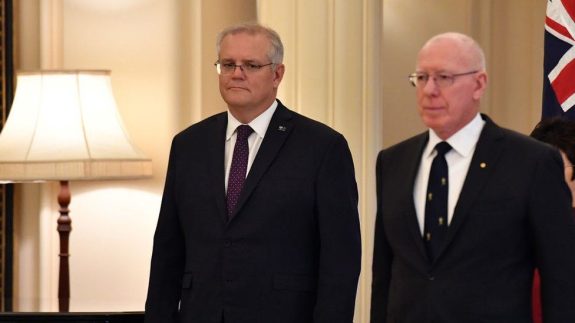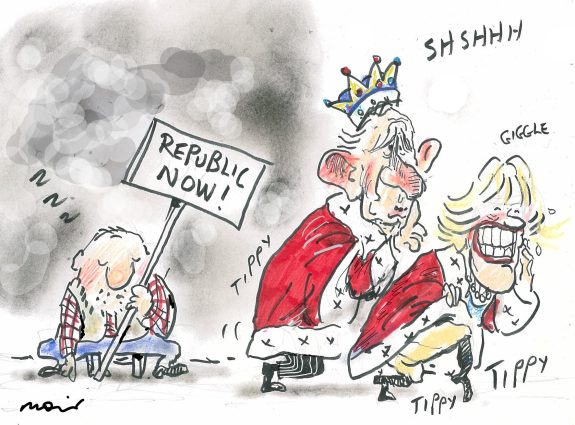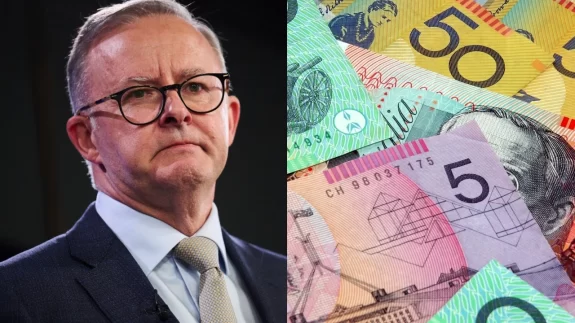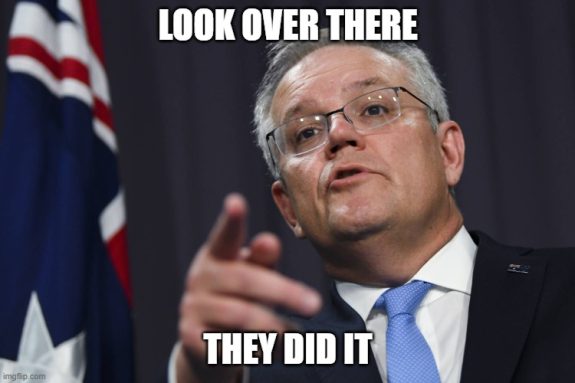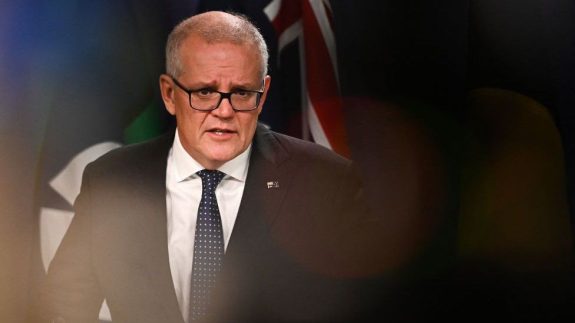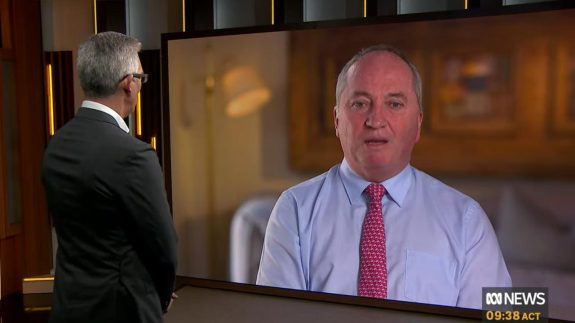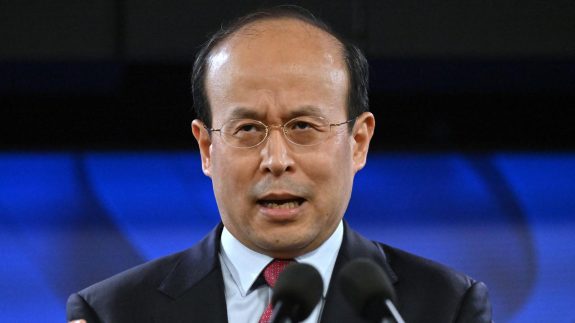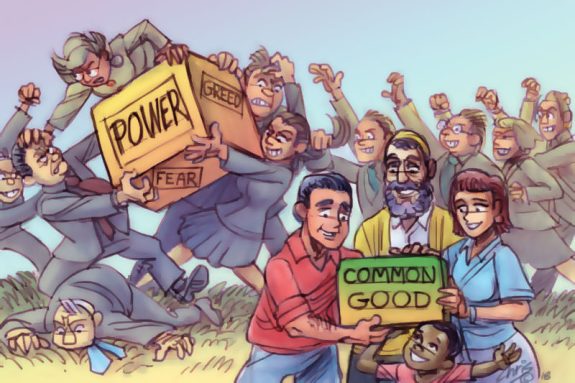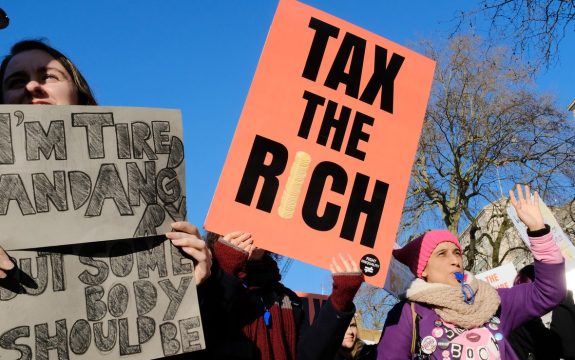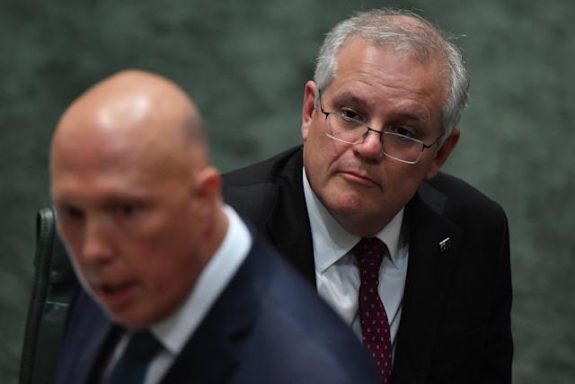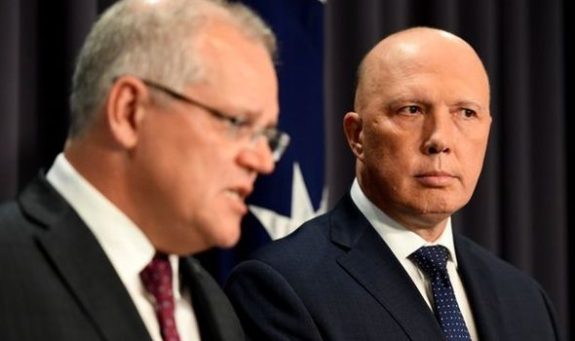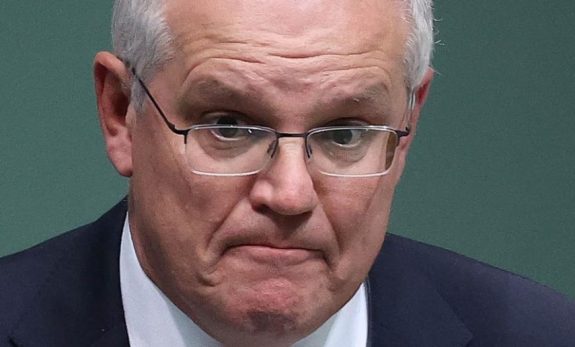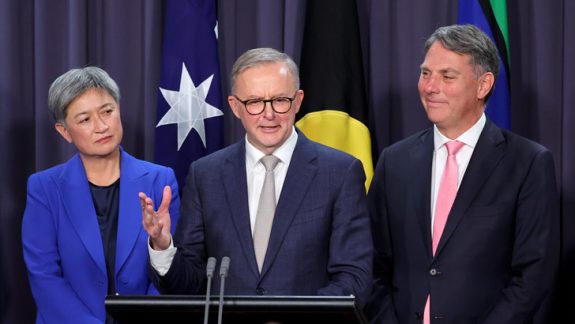Trump is out of office but not out of mind – the legacy lingers
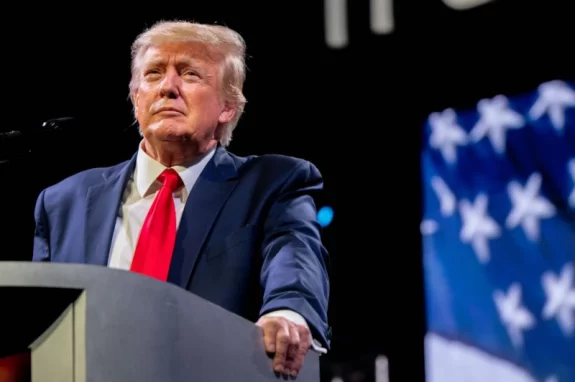
The stench of Donald Trump’s presidency still lingers around the United States of America, dispersing itself on the populous with a dulling effect. It is a rotten, rancid odour that inhabits not only the United States but also the world.
Would-be right-wing dictators are increasingly taking over countries that were once stable democracies. These leaders all have one thing in common: All sought power for themselves under the pretext of improving the lives of the marginalized and the poor.
Democracy is threatened worldwide by authoritarian despots or dictators who deny their people a genuinely democratic vote.
As President Biden recently said:
“As I stand here tonight, equality and democracy are under assault,” the President declared. “We do ourselves no favour to pretend otherwise.” He went even further by saying that the Republican party under Trump was “a threat to democracy”. “I’m asking our nation to come together, unite behind the single purpose of defending our democracy regardless of your ideology.”
Even though the first two years of Biden’s presidency have seen many policy advances on climate, infrastructure, and education, the extreme right is intent on accelerating the decline in its democracy. The desire to bring down democracy is more intense now than during the Trump years.
Capitalism hides behind every right-wing leader. It invades their minds and defines them. It becomes the driving force that restricts many aspects of their policies.
Moreover, the accumulation of money has become a mantra of the right-wing leader, and the people vote for them in the mistaken belief that they might share the rewards for their labour.
Climate change denial is characteristic of these right-wing governments. Evangelical churches also have persuasive leverage on people who demand more power for themselves. The right-wing media are also a powerful influence. They don’t want anything affecting commerce and industry. Anything such as climate change is considered counterproductive to the economy and a threat to financial institutions.
The upcoming mid-term elections have become increasingly partisan and violent. People no longer trust their politicians or their institutions, and the press continues its decline in standards. The legitimacy of the courts continues its “long slide“. Decisions made by the government tend to lean towards private enterprises with whom they want close ties, often to the detriment of their citizens.
The United States is facing unprecedented pressure on its democratic norms and institutions. The threat of Trump running again hangs over America. Will he run just to gain another term to prevent an avalanche of prosecutions?
The advance in right-wing authoritarian governments around the world has been remarkable. Although the people have arrested this instability in some countries, the future cannot be assured.
After watching Trump’s rally in Ohio, there is no other way to put this: Donald Trump is a Fascist. We can no longer say this can’t happen here. And if we don’t come out in massive numbers in these midterms, it will happen.
— Rob Reiner (@robreiner) September 18, 2022
It’s not confined to the USA. The following critique is taken from an article be in the New York Times; “How Democracy Is Under Threat Across the Globe” (paywalled):
Australia: Australia has recently shrugged off an authoritarian Prime Minister in Scott Morrison. With a streak of Trumpism in his character Morrison’s lying matched Trump, as did his corrupt ways. After three terms, the electorate said enough was enough.
Kenya: Once considered one of Africa’s most stable democracies, it is in periodic turmoil.
Sri Lanka: The President, Gotabaya Rajapaksa, recently resigned but handed power to an ally as his replacement; that ally later formally became President.
Hungary: Hungary’s prime minister Viktor Orban declared in 2014 that The new state that we are building is illiberal.
Since then, Mr Orban, who casts himself at the forefront of the global populist right, has retooled the courts, the Constitution and voting rules in ways that have cemented his power.
Brazil: President Jair Bolsonaro, who praises Donald J. Trump as a political model, has long criticized Brazil’s democratic institutions as corrupt. He has also spoken fondly of the country’s right-wing military dictatorship, which ruled from 1964 to 1985.
The Philippines: The new President is the son of President Marcos, a former dictator of the Philippines. His vice president, Sara Duterte, is Mr Duterte’s daughter. For six years, the Philippines saw political rivals and critical journalists jailed; the widespread dissemination of pro-Duterte disinformation and a wave of vigilante police violence left thousands dead.
India: Under Narendra Modi, India’s right-wing prime minister since 2014, the country has seen a sharp rise in extreme Hindu nationalism, often backed by his government’s allies; his policies have divided Indian society.
Pakistan is in turmoil. Supreme Court ruling on July 26 overturned earlier precedent and ordered the election of Chaudhry Pervaiz Elahi, an ally of former Prime Minister Imran Khan, to the chief minister.
Turkey: In his nearly 20 years in power, Recep Tayyip Erdogan has remade Turkish democracy into a vessel for his own personal authority. Once seen as a liberalizing force, Mr Erdogan has curtailed political freedoms and centralized power so drastically that he is widely seen as a dictator.
Poland: Poland was once a shining light for Eastern Europe’s success. Poland now faces deep political polarization. It railed against the European Union, questioning whether Polish leaders uphold the rule of law. Its independent judiciary and media have been subordinated.
El Salvador: This tiny Central American country had established a fragile democracy in the wake of its wrenching civil war, which ended in 1992 but created wounds that are still healing.
A young outsider, Nayib Bukele, won the presidency in 2019, promising change. However, he curbed fundamental rights, purged judges, jailed thousands with little due process, and deployed the army in what he called an emergency measure to fight crime.
Venezuela: Once South America’s oldest democracy and wealthiest economy, Venezuela has collapsed into an economic disaster zone; many of the population are hungry and ruled under what is widely considered a dictatorship.
Democracy scholars often hold up the country as a representation of how democracies tend to decline today. The leader who oversaw much of this decline, the leftist firebrand Hugo Chávez, died in 2013. His successor, Nicolás Maduro, has led deadly crackdowns on protesters and asserted forceful control over the courts and legislature.
The Czech Republic and Slovenia: When the populist outsider and billionaire media tycoon Andrej Babis became the prime minister of the Czech Republic in 2017, there were fears he might follow the path created by Mr Orban in Hungary toward arch-conservative illiberalism. As nearby Slovenia elected its right-wing populist, concerns arose about a bloc of nations that might break the European Union from within.
Democracy is a form of governance that has served us well, giving us freedom and a form of self-government that enables us to live peacefully with every individual assumed equal under the law. It is far from perfect, and of late, these faults have been highlighted by bad leadership.
With few exceptions, the enemies of liberal democracies worldwide have been successfully promoting their extreme right-wing ideology. They have:
“… exploited our institutions’ shortcomings, distorting national politics to promote hatred, violence, and lust for unbridled power.”
The authoritarian model “will prevail” if the world’s true democracies cannot work together to help guarantee freedom for all people.
My thought for the day
The Liberal Party has always been a party of elites and would-bes. The idea that economics and society are intertwined is abhorrent to them. Economics is the domain of the wealthy and privileged, and culture belongs to those of class and privilege.
Like what we do at The AIMN?
You’ll like it even more knowing that your donation will help us to keep up the good fight.
Chuck in a few bucks and see just how far it goes!
Your contribution to help with the running costs of this site will be gratefully accepted.
You can donate through PayPal or credit card via the button below, or donate via bank transfer: BSB: 062500; A/c no: 10495969










